If you or someone you know has struggled with alcohol, it might be time to find a detox center that provides individualized care. Alcohol detox is dangerous and should not be undertaken alone. Thankfully, it doesn’t have to be.
Is Alcohol Addictive?
Yes, alcohol is addictive in some. Studies indicate that genetics plays a role in alcohol abuse. So your genetics might mean you have a high risk of alcohol addiction. Whether you have a genetic predisposition or not, you might have a family history of excessive drinking and addiction. Stress and trauma can also lead to alcohol addiction. People with mental health disorders like anxiety or depression sometimes turn to alcohol to self-medicate.
In 2019, 25.8% of people 18 and older reported they had engaged in binge drinking in the last month.
The problem with alcohol, or drugs, is that the more you consume it to help ease the discomfort of depression or numb the physical pain of an injury, the more it changes your brain, and the more likely you are to become addicted.
If you become addicted, that means your body has built up a tolerance. This happens with time, as your body requires more and more alcohol to achieve the same feeling. This is typically accompanied by a buildup of toxins in your body, or residual compounds, that remain for days or weeks after you’ve had your last drink.
When you are addicted to alcohol, your brain changes such that you cannot control your drinking anymore, you might have negative emotions even when you are not drinking, be unable to stop, have serious alcohol withdrawal symptoms, or do anything you can to get more alcohol.
Alcohol abuse and addiction can cause:
- High risk of liver disease
- Depression
- Heart disease
- Stroke
- Stomach bleeding
- Sleep disorders
- Diabetes
- High blood pressure
- Pain
- Increased risk of violence
- Increased risk of car accidents and injuries
To get rid of these, you need to detox from alcohol.
Can Alcohol Cause Withdrawal Symptoms?
Yes, people who undergo an alcohol detox will experience alcohol withdrawal. Alcohol is called a “depressive” substance. That means it depresses or slows down your brain function and the speed at which nerves send messages to the brain. With time, your nervous system has to fight all that slow function which means your body works much harder to stay away and function. If your alcohol levels suddenly drop, your brain gets stuck, resulting in withdrawal.
If you try detoxing from alcohol on your own, you still have to suffer through alcohol withdrawal symptoms, but without the help and support of medical supervision, staff, and medications.
How to Detox from Alcohol
When you start to detox from alcohol, you will experience alcohol withdrawal symptoms which can be mitigated with a proper detox program.
6 Hours
Within about 6 hours from your last drink, you can experience mild to severe symptoms, including nausea, headaches, anxiety, sweating, insomnia, and shaking. With medical detox, these initial symptoms can be managed with medications and doctor supervision. This makes them less severe.
12-48 Hours
In the first few days, you might experience hallucinations and seizures, which can be controlled with antipsychotic and antiseizure medications.
48-72 Hours
In about 5% of cases, the next phase is even more dangerous, with delirium tremens. This means hallucinations and delusions, as well as confusion, high blood pressure, heavy sweating, and fever. Having a doctor on-site can help you through this phase, the same as any other, making you as comfortable as possible and checking on you regularly.
Finding an Alcohol Detox Program Near Me
If you are ready and have started the search for a treatment program, consider Marina Harbor Detox. Our individualized approach to detox from alcohol means you can get effective treatment for your struggles, not just alcohol alone.
We care about your long-term success, not just your initial detox and withdrawal symptoms. That is why our program has a wide range of evidence-based practice and holistic treatment, including Reiki healing, NAD treatment, IV therapy, acupuncture, and massage, among other things.
When you progress in your sobriety at our facility, we provide 24-hour monitoring, private rooms so that you can maintain your dignity, prepared meals to encourage better physical health and relapse prevention.
Reach out to us today for help with your alcohol detox.



